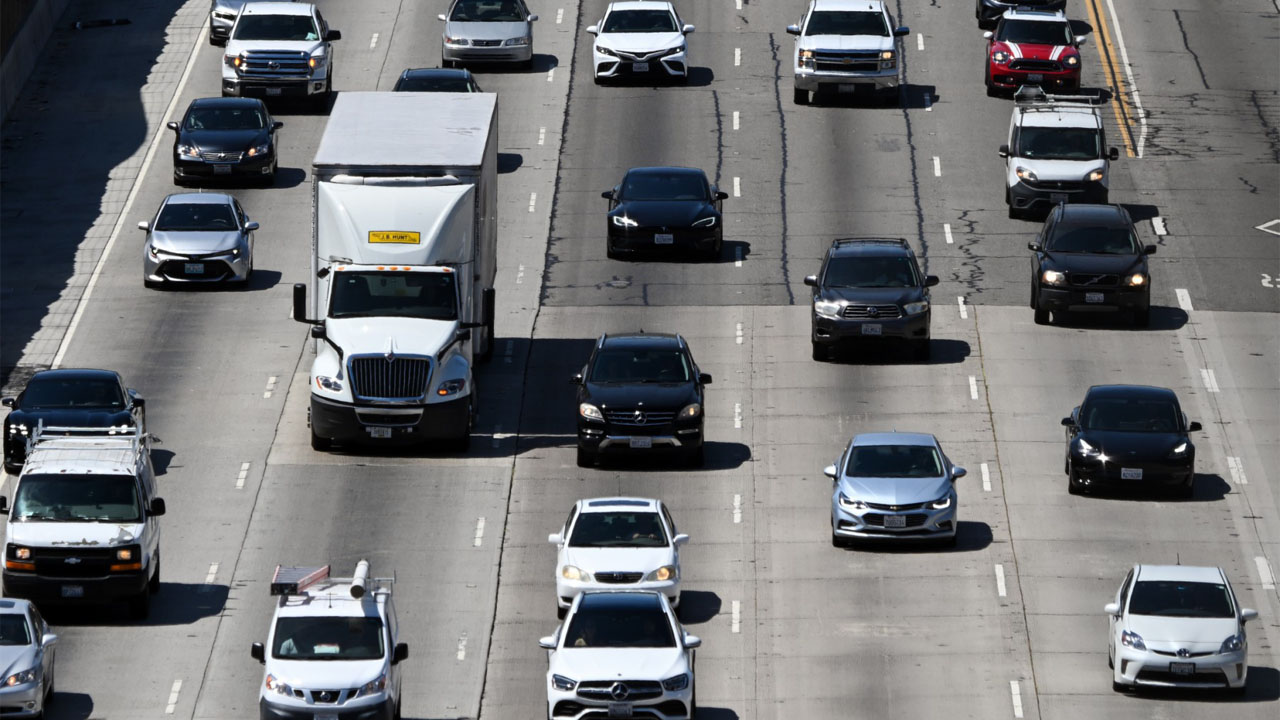EU and Germany agree on phase-out of fossil fuel vehicles
Following a disagreement over the planned phase-out of the sale of cars using fossil fuels by 2035, the European Union and Germany announced on Saturday that they had reached an agreement.
The bloc’s ambitious ambition to achieve a “climate-neutral” economy by 2050 with net-zero greenhouse gas emissions depends on a historic agreement to ban new sales of fossil fuel vehicles starting in 2035.
But this month, after it had already received approval through the customary EU legislative process, Germany, the world’s largest automaker, took an extraordinary step and abruptly vetoed the accord.
The agreement, which was announced on Saturday, was the subject of Berlin’s demand that Brussels give guarantees that the bill would permit the sale of new automobiles with combustion engines that run on synthetic fuels.
Frans Timmermans, the EU’s environment commissioner, said on Twitter that “we have established an agreement with Germany on the future use of efuels in cars.”
“We will work right away to hasten the adoption of the CO2-standards for automotive regulation.”
German Transport Minister Volker Wissing stated on Twitter that if combustion engine vehicles only utilize fuels with neutral CO2 emissions, they will be able to remain on the road after 2035.
The focus of the European Commission’s and Germany’s weeks-long talks to resolve the deadlock was Berlin’s demand for a bigger commitment on synthetic fuels than what was initially stated.
Germany requested an exemption for the synthetic fuels that are still being developed and generated with low-carbon power. German manufacturers are hoping that despite the technology’s lack of experience, it will enable the continued use of combustion engines.
Synthetic fuels’ importance in the car industry’s shift to clean energy sources has been contested by environmental Organisations, who claim they are excessively expensive, polluting, and energy-intensive.
Some industry professionals have expressed skepticism on the ability of synthetic fuel-powered cars to compete in the market versus electric vehicles, which are predicted to get cheaper over time.
Synthetic fuels “will not play an essential part in the medium-term future of passenger automobiles,” according to Audi CEO Markus Duesmann, even if they prove useful in the transition to a greener economy.
playing out domestic politics
Some analysts believed that Germany’s first decision to veto the deal was motivated by domestic political considerations, which infuriated some of Berlin’s EU colleagues.
The Social Democrats, the Greens, and the liberal FDP party form a coalition administration under German Chancellor Olaf Scholz.
The FDP wanted to gather support from people opposed to a ban on combustion engines because it has lost five consecutive regional elections and is down in national polls.
Scholz’s decision to support the FDP’s stance against the Greens was perceived as an effort to keep the coalition together.
Germany formed a tiny partnership with fellow major automaker Italy, Poland, and Hungary to fight the combustion engine ban.
The projected combustion engine plan will effectively mandate electric vehicles starting in the middle of the next decade as part of the EU’s goal to decrease CO2 emissions from new vehicles to zero.
By making significant investments in electric vehicles in recent years, the industry has prepared for the new EU regulations.
AFP



